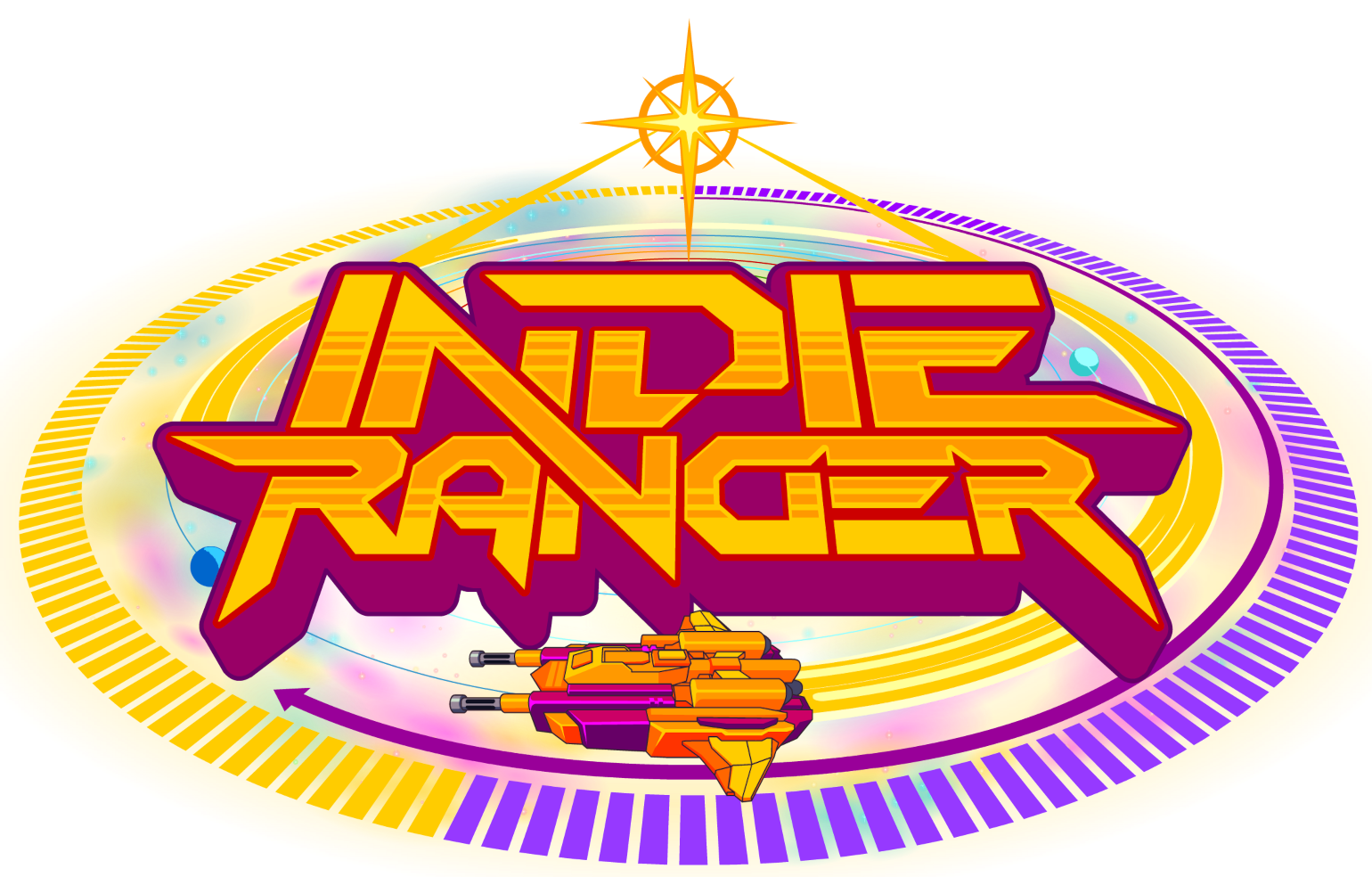There are plenty of games that try to make their own spin on beloved classics. As developers who grew up playing NES and SNES games come of age and begin finishing their own projects, the numbers have only grown. Some succeed, and many others drop the ball. Blossom Tales from Castle Pixel, however, is one of the few that nails it on every level, while still providing many fresh elements of its own.
There’s no question that Blossom Tales emulates the Legend of Zelda series, specifically Link to the Past. It’s 2D, features a top-down sword-wielding protagonist, with the main game action taking place in dungeons with an overworld in between ventures. There is light puzzle solving, weapon collecting to help solve them and different things to discover whilst exploring. While these aren’t the only similarities, they are the big pieces linking each game together. That being said, Blossom Tales stands tall even next to its legendary predecessor.
It starts with its storytelling. Zelda games can get slightly repetitive with the “evil entity steals or harms the princess” arc, and admittedly, Blossom Tales doesn’t stray too far from that. In this world, you play as Lily—a new knight in the Blossom Kingdom—where the king has been cursed. The only way to cure him is to collect three different ingredients. It’s a typical Zelda fare.
However, the strength of the story isn’t in the tale itself, but rather how it’s presented. Blossom Tales is told through the perspective of a grandfather telling a story to his two granddaughters. Any cutscenes have the grandfather and the children chiming in, in an incredibly charming way that makes a simple and overdone story more enjoyable. With that in mind, gameplay was still clearly front and center.
The focus on gameplay worked great for the developers, with smoother combat than what’s typically found in Zelda games or 2D action-adventures. The key is Lily being able to swing her sword while moving. This mechanic, mixed with the ability to change directions while swinging and to leap forward and smash down a larger attack, all in one motion makes for the game that feels remarkably smooth. It’s an interesting and satisfying achievement for such an unassuming game.
But there’s more than just the sword. There are typical Zelda powerups, like bows and boomerangs, but there’s even more. From the ability to shoot fire from your fingertips, or summon bees to attack enemies, the array of tools available to you are extensive and satisfying.
The bee powerup is an example of another great game feature, and that’s rewarding exploration. Typical Zelda games reward exploration with money or health expansions, and while those are fine, it’s great to always find a new weapon to add to your arsenal or a useful item. Unfortunately, those are typically relegated to dungeons only. Blossom Tales bucks that trend, providing game-changing items and upgrades in the overworld that are completely unnecessary, but still, benefit questing greatly. If you want to explore, find them and beef up your collection, you are more than welcome to do so. If you’d rather breeze through on the main path, that’s another option. Health expansions and coins are there as well, but there’s just more in the mix to keep you inspired to search.
In-between these spurts of exploration are traditional dungeons, where you solve puzzles and defeat enemies. You utilize the tools you’ve collected to progress and ultimately take on a dungeon boss.
The soundtrack is nothing special, but it’s solid enough that you’ll hum along to some of the repeated tunes when you return to familiar areas. The graphics and animations won’t wow you either, but everything looks good, and the enemies have their original appearances as well. Characters and enemies alike are cute, but there isn’t anything groundbreaking.
There are some faults, though. Mainly, there isn’t enough puzzle variety. The game does a great job increasing the difficulty of the puzzles provided, but for the most part, they are just variations of the same small handful. While the experience is short enough that they don’t drag, more variety would’ve been great through the game’s four dungeons and throughout the overworld to keep things interesting
I feel bad that this game will always be saddled with Zelda titles, but the comparison is too easy and familiar to not spring upon. On top of that, there are few franchises that I think most indie developers would rather be paired with than The Legend of Zelda. That being said, anyone that loves 2D Zelda games needs to take a deep dive into Blossom Tales, either on the Nintendo Switch or Steam. If you haven’t yet, there’s no reason that this title shouldn’t be your first experience with the genre.






